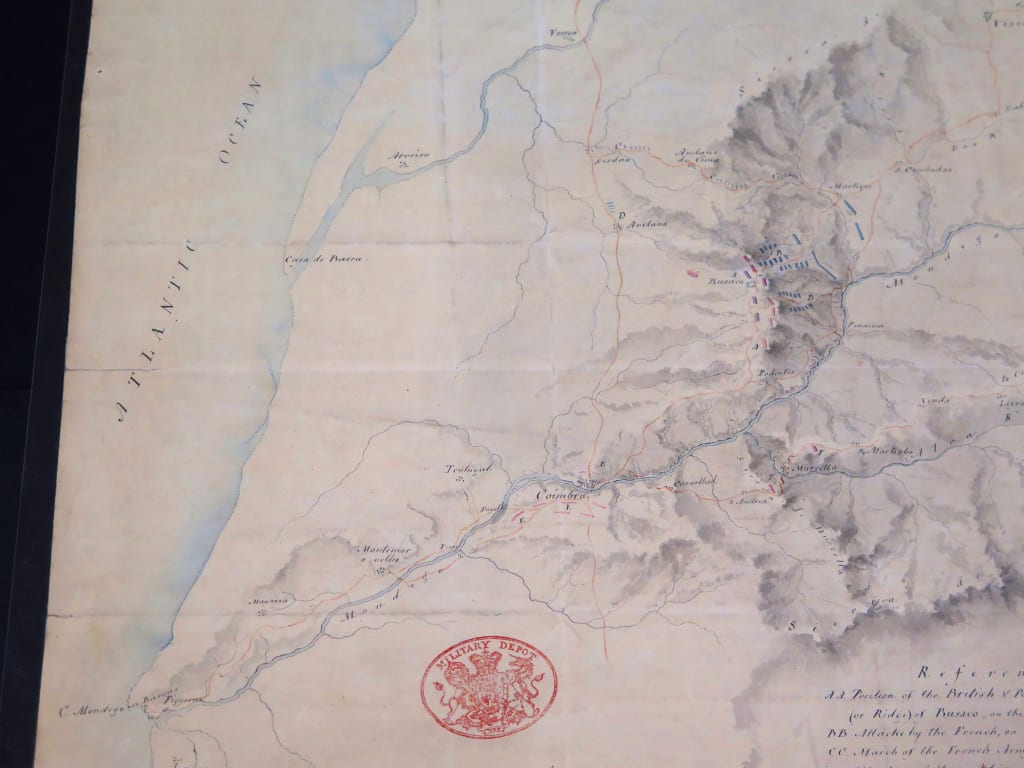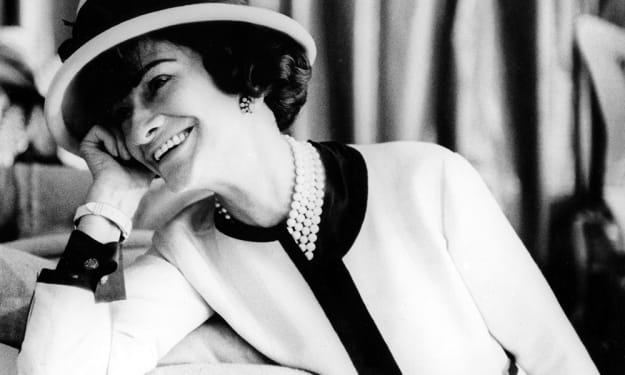The Anglo-Portuguese Treaty of Windsor
The Anglo-Portuguese Treaty of Windsor

England, on the other hand, helped Portugal in various battles to keep its country away from the Kingdom of Castile in Spain. Perhaps the most famous was the Battle of Aljubarrota, which was followed by the signing of the Treaty of Windsor and the marriage between the kings. Portugal. John I and Philip of Lancaster, British nobles. Anglo-Portuguese relations, in particular, grew during World War I, when Portugal formally joined the war with the Allies in 1916, and Portuguese forces fought alongside Britain in Europe and East Africa. In World War II, Portugal and Britain were on the same side as Portugal allowed the Azores to be used as a base for the Allies. According to the treaty, Portugal fought side by side with its allies in World War I.
During World War II, the Portuguese government declared that the treaty would remain in effect and that since Britain did not ask for help, their position would remain neutral. England's support for Portugal during the War of Reconstruction confirmed the renewal of the alliance. The Anglo-Portuguese Alliance was renewed in 1386 following the conclusion of the Treaty of Windsor and the marriage of King John I of Portugal (House of Aviz) to Philip of Lancaster, daughter of John of Gaunt. Following Spain's defeat in the war, England brokered the Treaty of Lisbon in 1668, by which Portugal gained independence and recognized Pedro II as king.
England fought the Anglo-Spanish War alongside the overthrown Portuguese royal house. Since the signing of the Treaty of Windsor on May 9, 1386, this alliance is today the oldest continuous diplomatic alliance between two countries in the world. The Anglo-Portuguese Union (or Alianca Luso-Inglesa, "Lusso-English Union"), ratified by the Treaty of Windsor in 1386 between the Kingdom of England (later the successor to the United Kingdom) and the Kingdom of Portugal (now the Portuguese Republic), in the world The oldest known historical alliance. which is still valid. Politically [1] - with the first treaty dating from the Anglo-Portuguese Treaty of 1373. Beginning with the Treaty of Windsor on May 9, 1386, Edward III of England and Ferdinand I of Portugal signed the most durable and reliable agreement. World. Story.
The treaty was signed by the Kingdom of England and Portugal but is now succeeded by modern-day Britain and the Portuguese Republic. Although the Treaty of Windsor is not the first surviving Anglo-Portuguese treaty, it is significant because it effectively consolidated and strengthened the ties between the two states and helped turn the nascent alliance into a more lasting historical legacy. The terms of the treaty include provisions to ensure mutual security and strengthen trade ties between the two countries. For example, both countries have the right to trade according to the terms obtained by their respective entities. The treaties of 1386, 1643, 1654, 166o, 1661, 1703, and 1815, as well as the Secret Declaration of 1899, strengthened the treaty in various ways.
Subsequently, the oldest peace treaties were invoked several times during this turbulent period in European history. This temporary period of separation between their people came to an end after the War for the Reconstruction of Portugal, which ended 60 years of Spanish Habsburg rule over Portugal. Unfortunately, as the success between the two countries increased, the alliance faced a massive blockade when, in 1580, a dynastic alliance in the Iberian Peninsula between Spain, one of England's oldest rivals, formed a sixty-year alliance. joined Portugal, which would break the treaties. Portugal and England have already signed.
The Spaniards, in pursuit of aggressive foreign policy goals concerning England, forced Portugal to conduct frequent hostilities. During the Seven Years' War, Britain acted as an ally of Portugal; when Spain invaded in 1762 and Portuguese fighters felt overwhelmed by the superior numbers of Spanish and French fighters, the British and Portuguese persisted and emerged victoriously. While Portugal was under the Iberian coalition, Portuguese rebel groups and the government-in-exile sought refuge and aid in England.
In 1640, Portugal used it to deal with neighboring countries, expelling the King of Spain (Habsburg dynasty) from the country. In May 1386, the Treaty of Windsor—renewed by the Anglo-Portuguese Treaty of 1373, and confirmed at the Battle of El Jubarotta (1385) in 1373—an alliance in a treaty of lasting friendship between the two nations—began.
As a result, relations between Portugal and the UK are governed by these treaties and will not be affected by the UK's withdrawal from Europe. Treaties, as seen above, provide special trade relations between the two countries, allow citizens of one country to settle in the other, and even subsidize settlers (now called unemployment benefits). ) provides. In addition, after World War II, Portugal and the United Kingdom joined the institutions that overtook all alliances, such as the North Atlantic Treaty Organization (NATO) and the European Union.
Portugal helped England (and later the United Kingdom) during difficult times, such as during World War I. Portugal Summary British aid to the House of Avis laid the foundation for cooperation with England, which would be a cornerstone of Portuguese foreign policy for more than 500 years. Success in these negotiations was slow, but the political shift towards Iberia and the growing threat of a Franco-Castillian invasion in early 1386 fueled an appetite among the British to re-establish an alliance with Portugal.
In a telegram to the Foreign Office on 23 June 1943, the British ambassador to Portugal, Sir Ronald Hugh Campbell, confirmed that the British government cited the 600-year alliance between the two countries as the basis for calling for the use of military purposes. Had given. , in the Azores. Her Majesty's government of Great Britain, building on this ancient alliance, has now asked the Portuguese government to provide her with certain facilities in the Azores that would better protect merchant shipping across the Atlantic.
This not only confirmed and strengthened the political guarantees produced by the alliance treaty, but also provided new evidence for the friendship between Britain and Portugal, and provided additional guarantees for the development of this friendship in the future. In a speech to the House of Commons in October 1943, Winston Churchill described the joint and ancient friendship between England and Portugal as an alliance "unique in the history of the world".
To find out, you have to go back to the fourteenth century, when Britain and Portugal signed two treaties, namely the Anglo-Portuguese Treaty of 1373 and the Treaty of Windsor which was ratified on May 9, 1386. Professor Edgar Prestage, in his article in an English-Portuguese newspaper, stated that the two countries followed similar rules for many years before signing the treaty, "having had constant trade and intermittent political relations" – pointing out that that it may date to 1147. John of Gaunt left his daughter Philip of Lancaster to marry King John I of Portugal (February 1387) to establish the Anglo-Portuguese alliance.





Comments
There are no comments for this story
Be the first to respond and start the conversation.